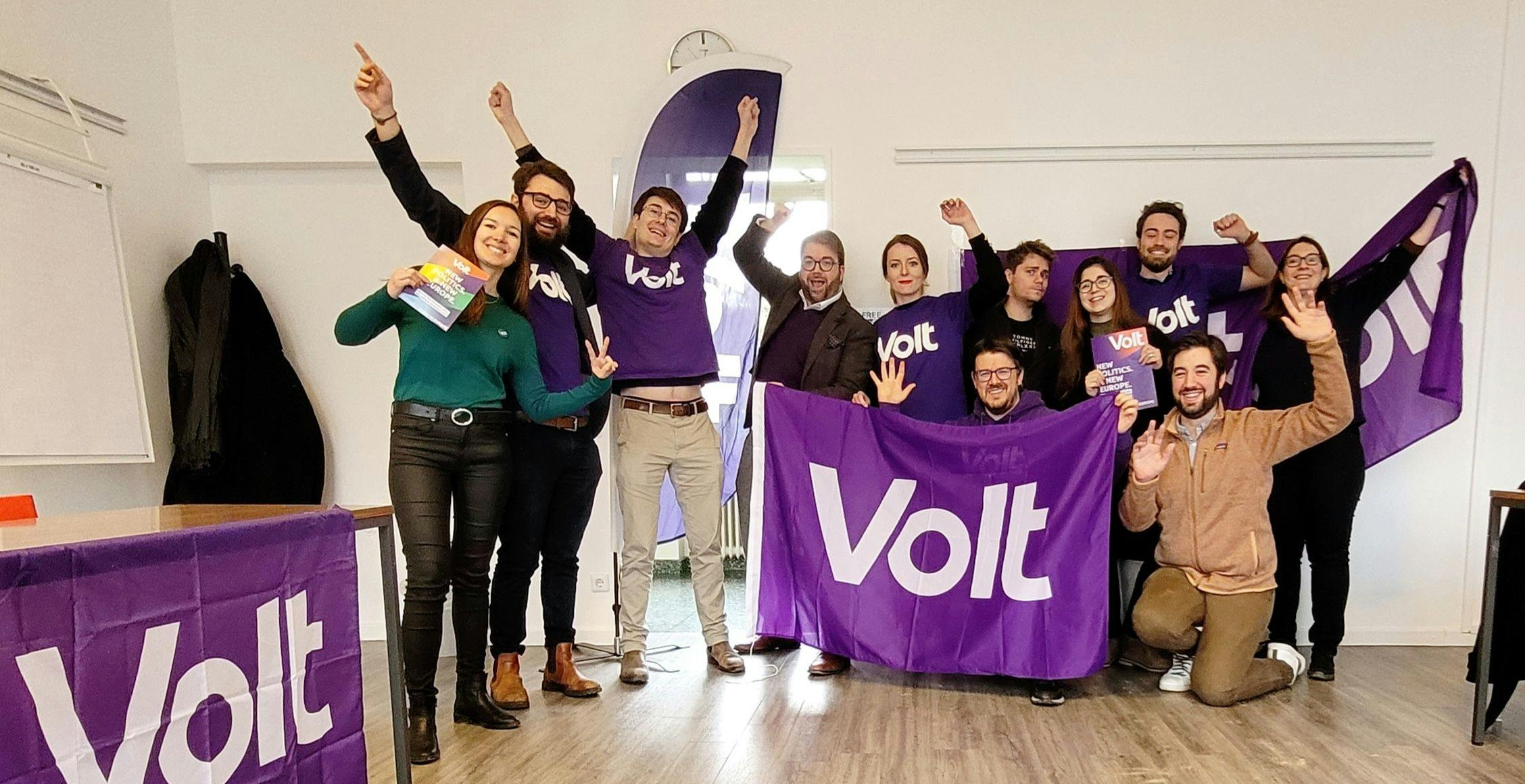
Volt Party in Luxembourg
This article delves into the intricacies of Volt Luxembourg, exploring its organizational structure and representativeness, the influential figures who lead the charge, the party's current political stance, and the roots from which it draws inspiration.
In the political landscape of Luxembourg, amidst a tapestry of established parties, there exists an entity that stands out from the conventional norms of political organization. Volt Luxembourg, founded in 2018, is a unique player in the realm of Luxembourgish politics, as it is not a fully independent entity, but rather an integral part of the wider European movement known as Volt Europa.
Volt party at a glance
This groundbreaking political movement emerged in 2017, sparked by the Brexit referendum and the rising wave of populism across the continent. Its founders, Andrea Venzon, Colombe Cahen-Salvador, and Damian Boeselager, envisioned Volt as a catalyst for redefining political engagement and shaping a common European future. With a pro-European stance, Volt Luxembourg is expected to appeal to people who share similar values and envision a more united and cohesive Europe.
Volt Europa, as the parent organization, bears the torch of transnationalism and seeks to bridge divides in an ever-diverse European landscape. Within this context, Volt Luxembourg assumes a pivotal role in championing this vision within the Grand Duchy.
Political Guide
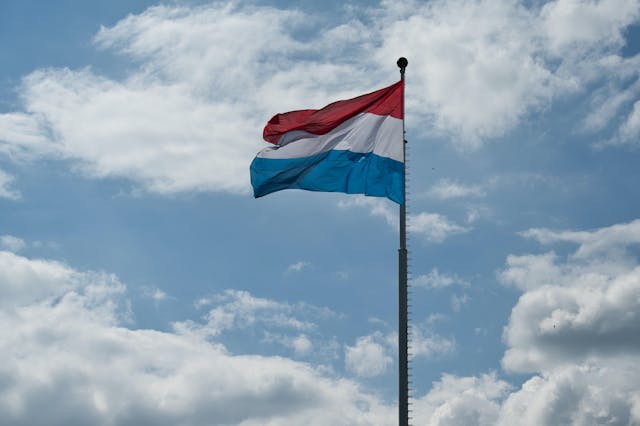
Structure and representativeness
In Luxembourg, the party's presence remains modest, with a membership count of approximately 60 individuals. However, Volt Europa boasts a substantial membership base of over 25,000 individuals spread across more than 30 European countries.
Volt Europa is structured around the concept of associated members, who can be either natural persons, referred to as Associated Individual Members, or legal entities, known as Associated Member Associations. Volt Luxembourg falls into the latter category.
The inner life of a party
Internally, Volt Europa functions as a non-profit association, comprising two primary bodies.


Volt Luxembourg maintains its distinctive governance structure with a dedicated Board of Directors comprising two Presidents, a Vice President, a Secretary General, and a Treasurer, ensuring focused and effective leadership within the context of Luxembourgish politics.
Electoral system divides the country into four constituencies. The number of seats allocated to each constituency is proportional to its population
People and influence in the party
Key personnel profiles
Andrea Venzon from Italy, Colombe Cahen Salvador from France, and Damian Boeselager from Germany established Volt Europa in 2016. The Luxembourg division is presently overseen by two presidents and a vice-president. Under their leadership, the party took part in the 2019 elections.


Other key members of the party



Similarly, given its recent establishment, Volt Luxembourg does not currently have members of the party serving as deputies in the Luxembourgish parliament. Nevertheless, it's worth examining the party's 26 candidates for upcoming elections, which can provide insights into its growing presence in the political landscape.
It's notable that Volt Europa, the parent organization, does have notable representatives in other countries. For instance, Volt has two members in the House of Representatives of the Netherlands and one in the National Assembly of Bulgaria, reflecting its broader European reach.
These seats are divided among member countries based on their population size.
Volt's current political stance
Volt's mission extends far beyond mere participation in elections; it seeks to reshape Europe, making it more democratic, and transparent, and reinforcing the European Parliament.
The party and its cornerstones
As the overarching organization uniting all Volt parties, Volt Europa, following its inception, adopted the "5+1 Challenges." These challenges encapsulate the fundamental issues Volt aims to address throughout Europe, though their implementation may vary by region. The "+1 Challenge" is centered on reforming and strengthening the European Union itself.
Party views visualization
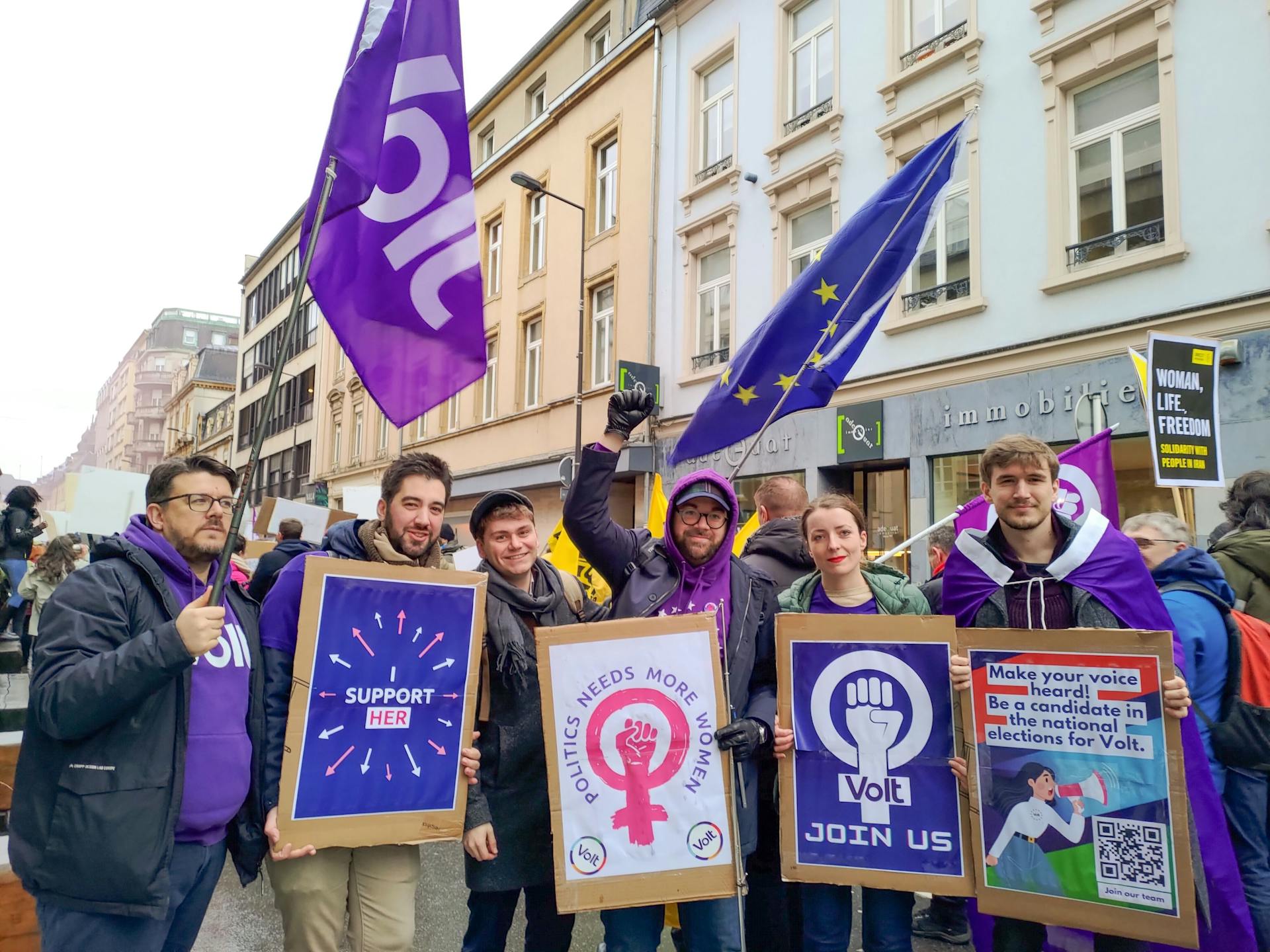
Political program
For your convenience we present you a condensed summary of the key points in the Volt party's program.
Volt aims to deepen EU integration and enhance European democracy. Their long-term vision includes the establishment of a federal European republic based on a constitution legitimized by European citizens.
Volt advocates urgent cooperation across various fields within and beyond the existing EU framework. Reforms are sought to address the lack of coordination in the financial sector, security and combating terrorism, healthcare and vaccine production and supply chains.
Education is regarded as pivotal for social equity and climate crisis mitigation. Volt emphasizes a holistic, forward-looking, and reform-focused education system, from early childhood to higher education and further.
Recognizing the significance of the electoral system in a democracy, Volt aims to reform Luxembourg's electoral system, making it more transparent and balanced.
The current electoral system disadvantages smaller parties and fails to adequately represent the electorate. Volt advocates for an alternative electoral system to ensure fair representation.
Inclusion and support for the less protected communities of the population is an important part of the party's political agenda in Luxembourg
Volt champions the rights of all individuals, irrespective of their sexual orientation, gender, or religion, and calls for increased rights for the LGBTQIA+ community.
Research and development are at the root of all progress in society. The party wants to support science in the face of global challenges.
Volt recognizes the importance of well-funded research and development in driving progress and competitiveness. They advocate for boosting the budget to support scientific advancements.
The issue of affordable and accessible public transportation is one that Volt recognizes as a priority.
Party representation
While Volt Luxembourg has received 2.11% of the vote in the 2019 European elections. In 2024 general elections they have received 7,003 votes, making it 0.19% of all votes given in the elections. Unfortunately, they could not secure any seats this time. It is essential to consider the party's principles to estimate the population it primarily represents.
Electorate demographics
Founded in response to the UK's departure from the European Union and as a reaction to the rise of populism, Volt is firmly aligned with a pro-European stance.
The party advocates for the expansion of the European Union's competencies across various domains, including development, foreign policy, and security. Volt Luxembourg is expected to appeal to people who uphold similar values and envision a more united and cohesive Europe. The party's origins in opposing populism and promoting European unity indicate that it aims to represent those who value teamwork and collaboration across countries, especially in today's dynamic political environment.
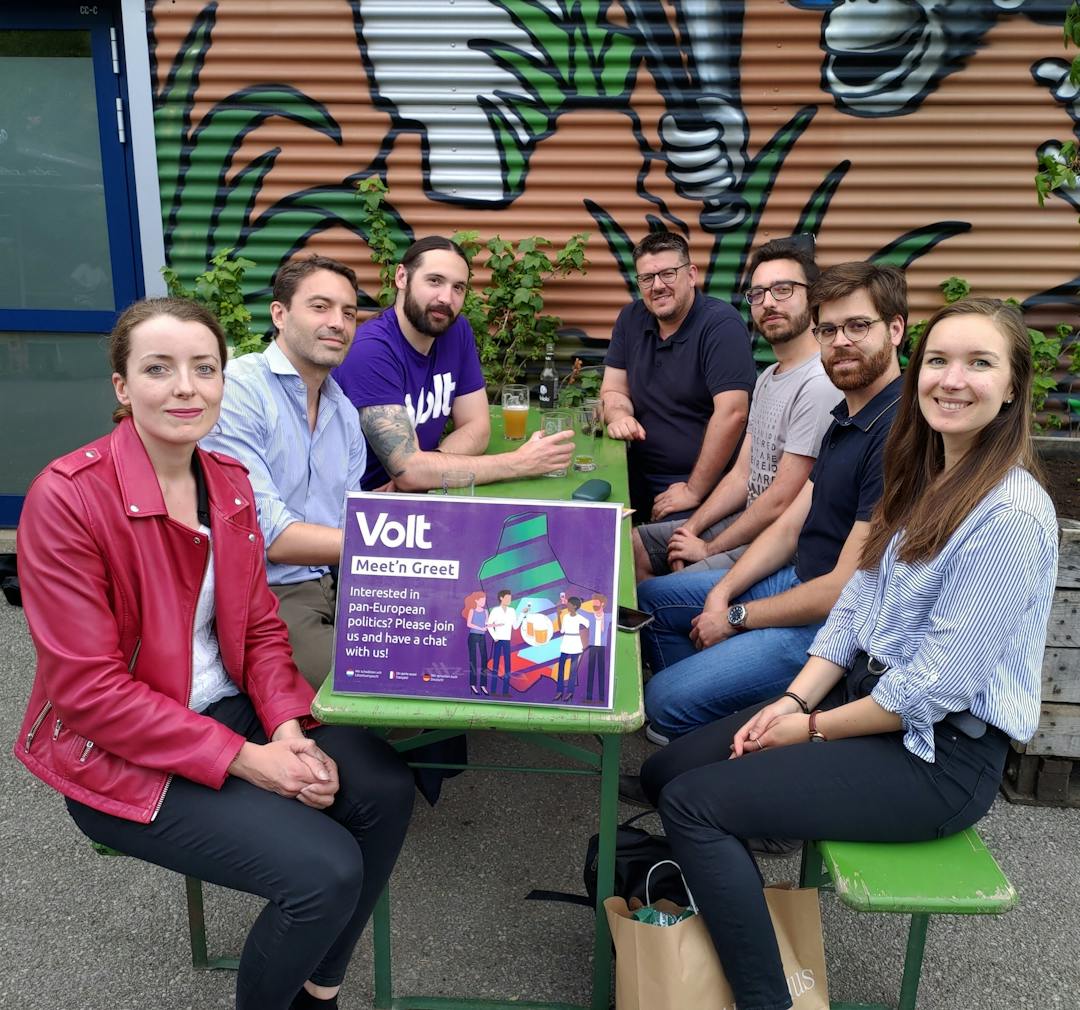
| Volt | LSAP | DP | Greens | |
| Environment | Middle | Low | Middle | High |
| Electorate | Young | Older | Young | Young |
| Trade unions | No | Yes | No | Yes |
| Secularism | Yes | Yes | Yes | Yes |
Volt's office is located in Schifflange
- Office location: 20 Cité op Hudelen, Schifflange
- Phone number: (+352) 26 65 09 91
- Official website: voltluxembourg.org
Brief history of the party
The story of Volt Luxembourg is intertwined with the founding and growth of Volt Europa, the pan-European political movement. Here's a concise timeline of key events that have shaped the party's present stance on the arena in Luxembourg.
Emergence as a major party: 1950s-1960s
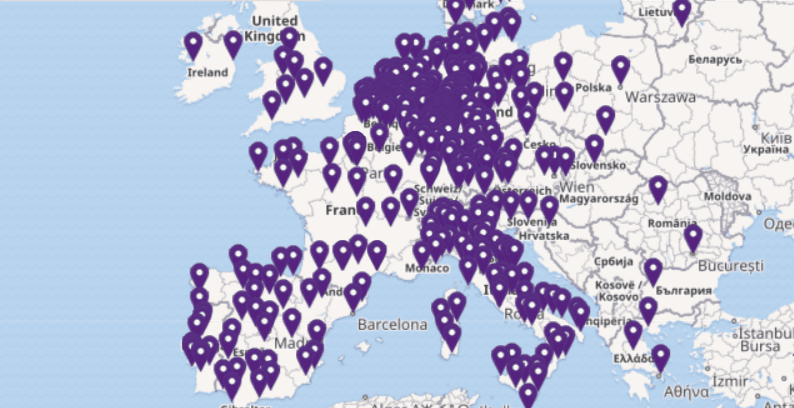
March 29, 2017
March 2018
2018
October 27-28, 2018
March 22-24, 2019
June 9, 2019
October 12-13, 2019
Spring 2020
2021 Dutch General Election
2021 Bulgarian Parliamentary Elections
October 16-17, 2021
2022 Dutch Municipal Elections
German City Councils
Volt Luxembourg emerged, roughly a year after the inception of Volt Europa.
Today, Volt boasts over 25,000 members across 30 European countries, with approximately 70% of members being newcomers to politics. Looking ahead, Volt Luxembourg is gearing up to participate in the upcoming legislative elections in October, fielding candidates in both the southern and eastern constituencies.
Frequently Asked Questions (FAQ)
What is Volt Luxembourg, and how does it fit into the larger Volt Europa movement?
Volt Luxembourg is the national branch of the Volt Europa movement, a pan-European political organization. It shares the ideals and goals of Volt Europa but operates at the national level within Luxembourg. Volt Europa serves as an umbrella organization, promoting a unified, progressive vision for Europe, with Volt Luxembourg contributing to this vision by addressing local and national issues.
What is the overall vision of Volt Luxembourg for Luxembourg and Europe?
Volt Luxembourg envisions a more united and sustainable Europe where citizens actively participate in shaping their future. Their vision includes a commitment to climate action, social equality, and technological progress. The party strives to create a European Union that is responsive to the needs and aspirations of its diverse citizens while promoting solidarity and cooperation among member states.
What distinguishes Volt Luxembourg from other political parties in the country?
Volt Luxembourg sets itself apart by being a part of the pan-European Volt movement, bringing fresh, evidence-based, and innovative approaches to local politics. It aims to engage citizens in the decision-making process, breaking away from conventional party politics and offering a forward-looking, transnational perspective on the challenges facing Luxembourg.
Source: voltluxembourg.org, en.wikipedia.org, en.wikipedia.org, fr.wikipedia.org, es.wikipedia.org, assets.volteuropa.org, luxtimes.lu
We took photos from these sources: Volt Party website; Volt Party Facebook official page; Wikimedia